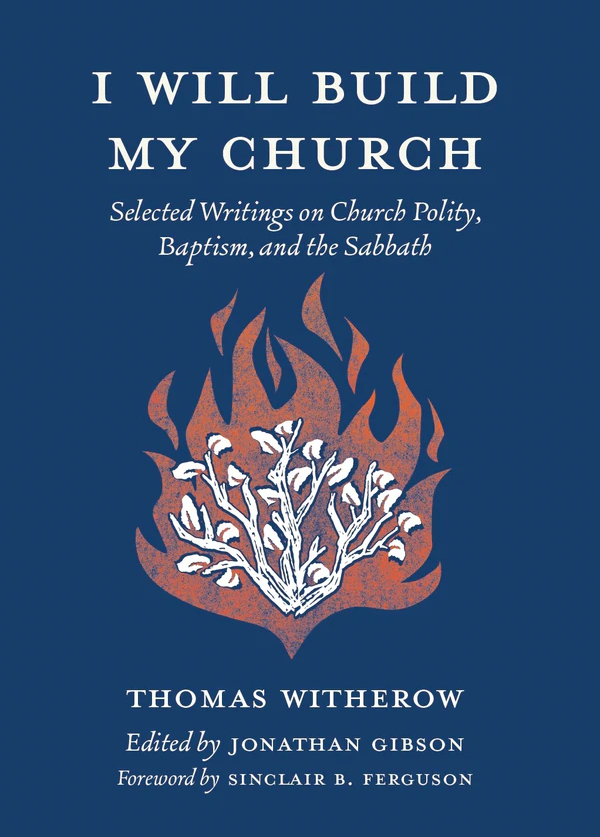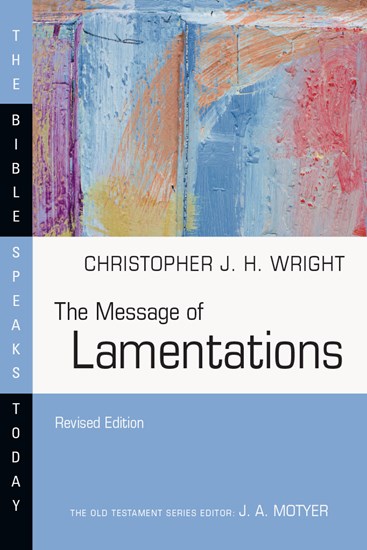
“I Will Build My Church: Selected Writings on Church Polity, Baptism, and the Sabbath” by Thomas Witherow and edited by Jonathan Gibson, published by Westminster Seminary Press, is a compelling and insightful work that delves deeply into crucial aspects of Reformed ecclesiology and sacramental theology. This book provides an extensive examination of church governance, the sacraments, and the observance of the Sabbath, presenting these topics through a meticulously Reformed lens.
The main points of the book revolve around the foundational doctrines of the church’s polity, the proper administration of baptism, and the theological and practical significance of the Sabbath. The author argue for a biblically grounded and historically informed approach to church governance, emphasizing the necessity of adhering to scriptural mandates and the wisdom of the Reformed tradition. They present baptism not only as a sign and seal of the covenant of grace but also as a critical practice that underscores the unity and identity of the church. The Sabbath, according to Witherow, is a divinely instituted day of rest and worship, vital for the spiritual health and discipline of both individuals and the church community.
Witherow credentials lend significant weight to their work. Thomas Witherow, a 19th-century Irish Presbyterian minister and theologian, was a prolific writer on church history and polity. His deep understanding of Reformed theology and his commitment to scriptural fidelity are evident throughout his contributions to this volume. For the editor, Jonathan Gibson, he a contemporary theologian and professor at Westminster Theological Seminary, brings his expertise in biblical and systematic theology to the project. His scholarly rigor and pastoral sensitivity enrich the book, making it both academically robust and practically relevant.
When compared to other works on similar topics, “I Will Build My Church” stands out for its comprehensive treatment and its strong grounding in the Westminster Standards. Unlike some works that may focus narrowly on either the historical or the theological aspects of church polity, baptism, and the Sabbath, this book successfully integrates both dimensions. For instance, works like “The Church and the Surprising Offense of God’s Love” by Jonathan Leeman focus extensively on church discipline and polity from a more contemporary perspective. In contrast, Witherow offers a historically rich and theologically rigorous exposition that remains deeply connected to the Reformed confessional standards.
The content of “I Will Build My Church” is particularly valuable for understanding and applying God’s Word in the context of church life and personal faith. The discussions on church polity emphasize the biblical basis for Presbyterian governance, highlighting the roles of elders and deacons and the importance of orderly and accountable church leadership. These insights are not merely academic but offer practical guidance for organizing and leading church communities in a manner that honors Christ and edifies believers.
The book’s treatment of baptism is another strong point, underscoring its significance as more than a mere practice. The author explore its covenantal aspects, drawing from both Old and New Testament passages to argue that baptism signifies inclusion in the covenant community and participation in the promises of God. This theological depth provides pastors and laypeople alike with a richer understanding of baptism’s meaning and importance.
The author’s exploration of the Sabbath provides a robust biblical and theological rationale for its observance, arguing that the Sabbath is a creation ordinance with ongoing relevance for Christians. By grounding their arguments in Scripture, Witherow offers compelling reasons for why the Sabbath should be observed as a day of rest and worship, contributing to the spiritual well-being of individuals and the church as a whole.
From a practical perspective, this book is immensely useful for pastors. It offers a well-rounded theological foundation that can aid in preaching, teaching, and leading church communities. Pastors can draw on the detailed expositions and historical insights provided to address contemporary issues in church governance, sacramental practice, and Sabbath observance with greater confidence and clarity.
For laymen, “I Will Build My Church” serves as an excellent resource for deepening their understanding of key theological concepts and their application in everyday Christian life. The clear and accessible writing style makes complex theological ideas understandable, encouraging lay readers to engage more deeply with their faith and the practices of their church community.
The book’s cover and binding reflect the seriousness and academic nature of its content. The sturdy binding ensures that it will withstand regular use, making it a durable addition to any personal or church library. The cover design, while simple, is elegant and professional, fitting for a scholarly work of this nature.
In conclusion, “I Will Build My Church” provides a well-rounded and comprehensive understanding of Reformed polity, as well as ecclesiology, and sacramental theology. Its robust historical and theological perspectives make it a valuable resource for both individual study and pastoral use.
Statement of Compliance: “I received ‘I Will Build My Church’ by Westminster Seminary Press for the purpose of an unbiased review. I have not received any compensation for providing a positive review. My opinions are entirely my own and reflect my sincere evaluation of the book.”
Book Details:
- Title: I Will Build My Church: Selected Writings on Church Polity, Baptism, and the Sabbath
- Author: Thomas Witherow
- Editor: Jonathan Gibson
- Publisher: Westminster Seminary Press





